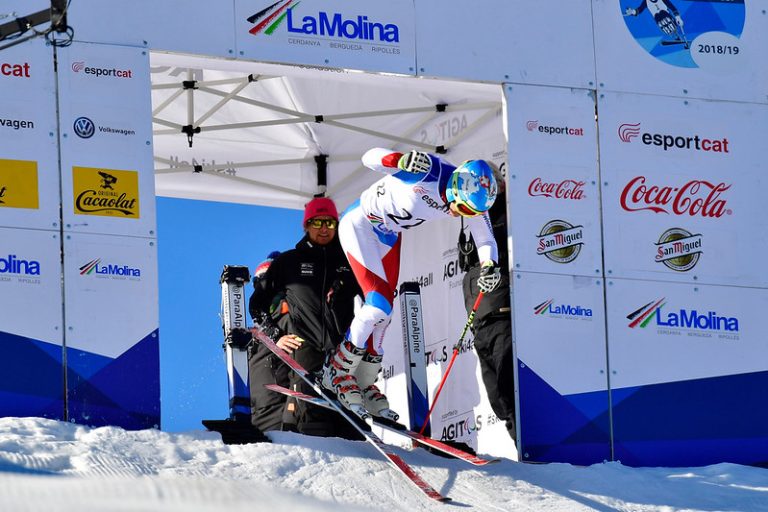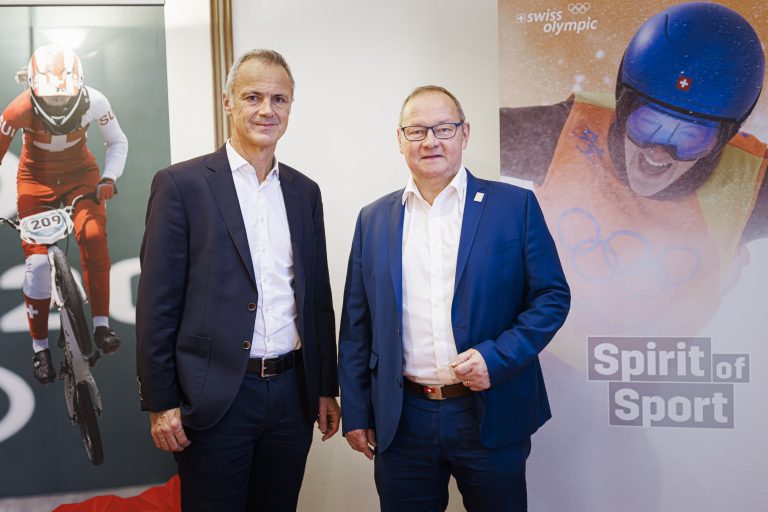Japanese city Sapporo hasn’t given up on its dream of hosting the Olympic and Paralympic Winter Games in 2030 despite stepping back from “momentum-building activities” late last year amid the growing Tokyo 2020 bid rigging scandal.

Building upon recent work by a dedicated panel, Sapporo has updated its proposed Games management plan aimed at preventing the corruption uncovered within Tokyo 2020 and other previous Olympic Games.
The new plan will be reviewed by a panel of experts with final results to be delivered as soon as the end of the month.
The Tokyo 2020 corruption led to indictments against officials from Dentsu, an advertising firm that was contracted to manage sponsors for the Games. Officials now believe the marketing responsibility should be distributed more widely, a concept built into the new proposal. The plan also calls for more oversight from the Olympic and Paralympic organizing committee.
Sapporo Mayor Akimoto Katsuhiro said the new document is more detailed than the previous version and this will help avoid the pitfalls experienced in Tokyo, according to Japanese broadcaster NHK.
Another key change in the draft document is the reduction of organizing committee directors to half of those in Tokyo with at least 50 percent female.
Katsuhiro was elected in April on a pro-Olympic platform and immediately vowed to restart the bid but the Japanese Olympic Committee (JOC) balked at the idea and in June dropped plans to pursue the 2030 edition, instead saying it would consider a Winter Games bid from any Japanese city for 2034 or beyond. JOC president Yasuhiro Yamashita said the climate in the wake of the scandal was not right, and time needed to pass to gain public trust.
The JOC has yet to publicly change its stance on the issue, making Sapporo’s bid futile as the governing body must endorse any bid before the International Olympic Committee (IOC) can consider it.
A survey in June suggested 60 percent across Japan and 50 percent in Hokkaido province would support a bid, both upticks from previous numbers that showed as little as 38 percent support.
Sapporo stepped back from the race after a project from Vancouver dropped out from lack of provincial funding and a Spanish joint bid withdrew for political reasons. Salt Lake City is also eying a Winter Games but the U.S. city is focused on 2034. The IOC had been targeting a meeting scheduled in Mumbai, India this month to elect the 2030 winner but instead decided to suspend the race.
The IOC said it needed more time to explore the effects of climate change on the Winter Games and to consider the possibility of a 2030/2034 dual allocation and a permanent pool of Winter Games hosts. However, with no contenders for 2030 it was clear the IOC needed time to work with additional regions with interest in hosting.
Gradually they emerged with Sweden hoping to dust off a failed 2026 bid and tool it for 2030 and Switzerland proposing a regional Games in the IOC’s backyard.
And just last month a fledgling joint bid from Auvergne-Rhône-Alpes and Provence-Alpes-Côte d’Azur in France gained significant momentum even as the nation prepares to host the Paris 2024 Summer Games.
If a Sapporo bid gets new legs and and vies to host it’s second Winter Games (1972) it will enter a more competitive field than what it left behind last year.
There is no set timeline for the election of the 2030 host but IOC Executives have hinted that their unofficial target is at an all-members Session next July in Paris ahead of the Games.


